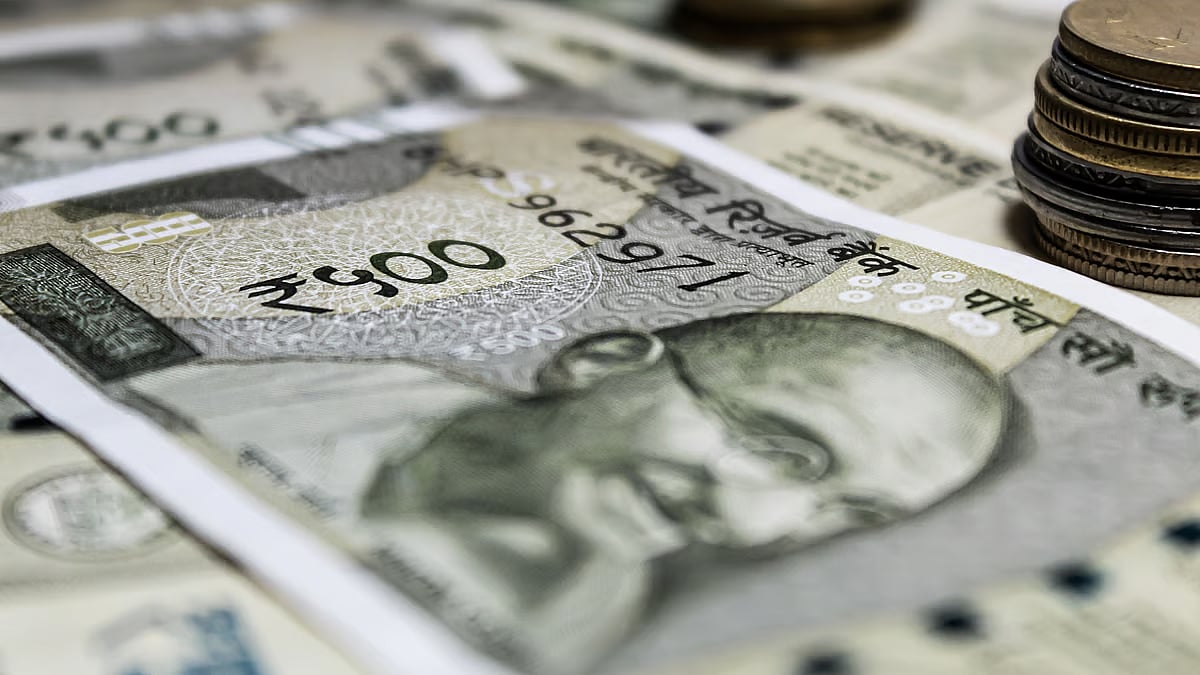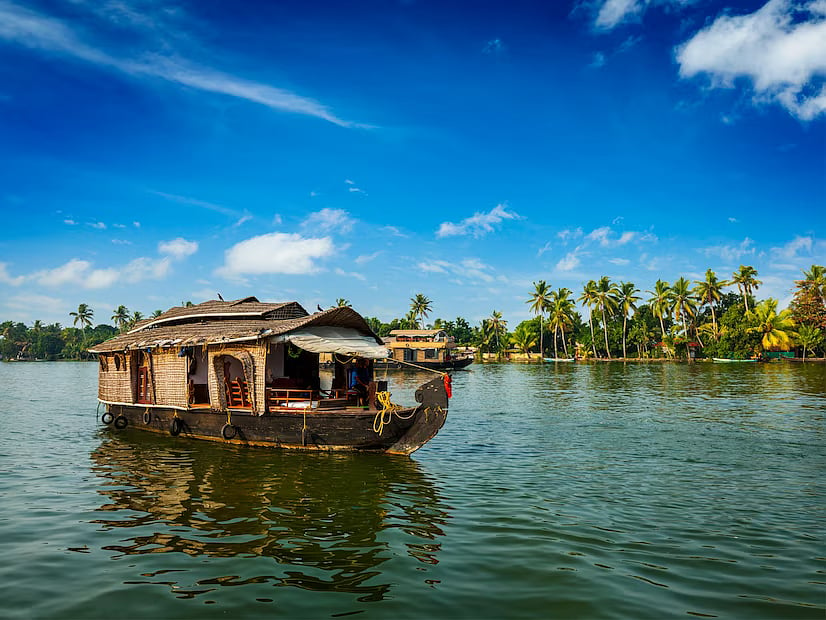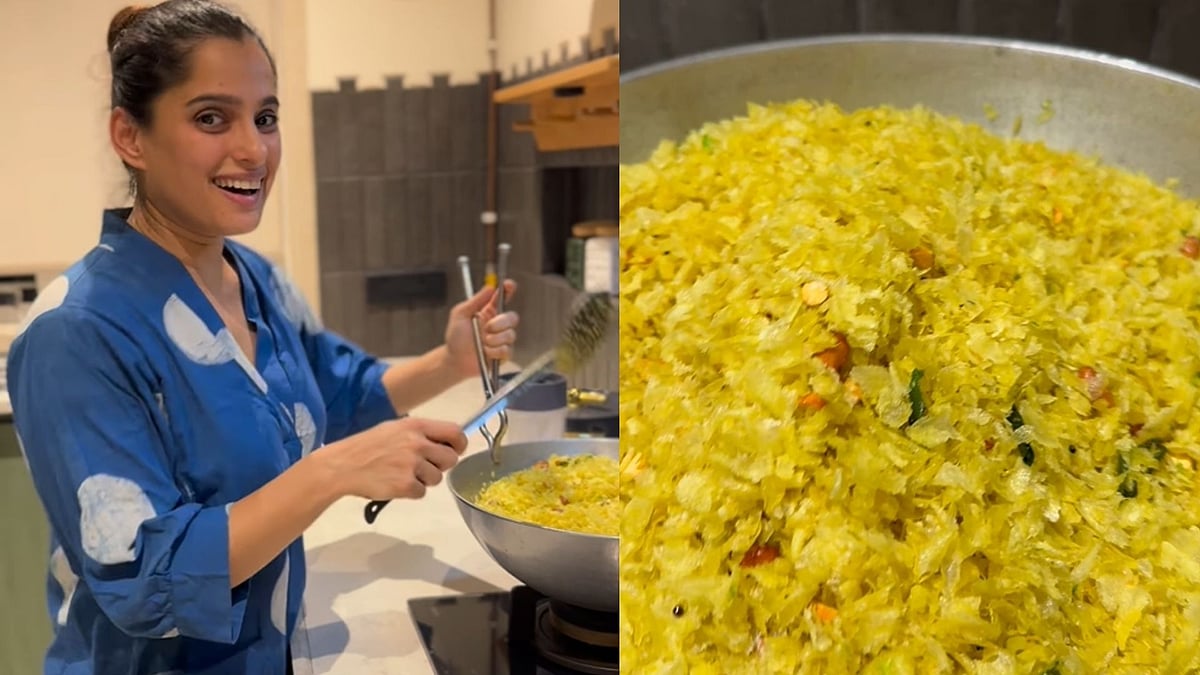Born in Padua in Italy, Chef Massimiliano Alajmo also known as Chef Maz, grew up with an inheritance of Italian cookies and risotto that he further modified over the years. Keeping the cultural diversity of the Italy gastronomes in mind, Chef Max introduced an evolved version of Italian cuisine at his venture Le Calandre in his hometown. A three Michelin Star winner, Chef Max is the youngest chef in history to be awarded three stars by the Michelin Guide.
He along with his brother Raffaele, and his sister Laura represent the third generation of restaurateurs, who have hospitality, raw materials and cooking in their DNA. The Chef shares that he has been cooking since the moment his mother, mamma Rita gave him his first handful of flour. At the age of five, he would help her mother who was the head chef of Le Calandre.
“I have such a vivid memory of being in the kitchen at that age. I was as tall as the bottom of the chefs’ jackets and my dream in life was to one day have a clean, white, perfectly pressed jacket of my own. My memories of that time deeply influence my cooking still today,” says Chef Max who was recently invited to the Middle East and North Africa’s 50 Best Signature Sessions dining series in Abu Dhabi last month. We caught up with the Chef to talk more about food, his tryst with Indian delicacies, evolving trends in the culinary industry and more.

What factors did you consider while deciding on the menu for this pop-up dinner?
We like to highlight signature dishes that are based on ingredients that we can bring or ship from Italy. Our cuisine focuses on lightness and depth of flavour and the sourcing of ingredients is key. We prepared, for example, the latest version of our saffron and licorice risotto that is currently on the menu at Le Calandre. It’s called “'Passi d’oro' and is inspired by a sculpture by the Italian artist Roberto Barni located at the Uffizi Gallery in Florence. The dish is an expression not only of Italian cuisine but of art and beauty as well.
What does it take to make a restaurant a Michelin star? What is your advice to young chefs?
Our goal as chefs is to make your guests happy and provide them with a fun and fulfilling experience. My challenge each day is to make sure our guests leave with a smile. The ideas and inspiration are second thoughts.
My advice to young chefs is to turn off the television. Cooking isn’t about competition or visibility. It’s about creating community.
In one of your interviews, you discussed being a cook or a chef and your relation with raw materials, please elaborate on that.
My approach to cooking can be summed up with the word In.gredienti. The word comes from the Latin 'ingredi' (to enter), from 'in' (toward) and 'gradi' (to advance) or 'gradus' (step). There is no truth beyond that contained in the ingredients. My goal is to reach or penetrate the nucleus of the ingredient, and respond with respect and therefore lightness.



Do you believe in being creative with cooking traditional dishes?
The cuisine is constantly changing. We enjoy revisiting traditional dishes or techniques and using them in new ways. For example, there is a meat dish called 'alla canevera' that was traditionally made by cooking various types of meat inside a pork stomach and using a bamboo straw to let air out. We now use more modern techniques to recreate the same flavours and textures.
Classics recipes Vs fusion, what is your take on mixing cuisines?
It’s obvious that ingredients are a fundamental part of the identity of a country’s cuisine, as are specific cooking methods or preparations. They both can give a dish an immediate sense of its origin. Cooking pasta requires a specific method, but you may want to try cooking something else using the same method: pasta without pasta. That said, every time that we are invited to cook abroad, we try to bring the basic Italian ingredients with us or work meticulously to source them abroad. If you have something to communicate, you have to consider where you are, in what context you find yourself, and how you can communicate this through food. The message is the same, but it has to be adapted to the place in which it is prepared or served.
What makes Italian cuisine so popular across the globe?
It must be stressed that despite centuries of contamination, Italian cuisine has maintained a specific style. It’s a style that has absorbed flavours over time but is fundamentally bright and flavorful. It’s a cuisine based on sunshine, light, colours, aromas, farmers, artisans, land and terroir. Italian cuisine is both maternal and reassuring, while at the same time cultured and profound, rich and poor. All of this makes Italian cuisine mysterious and unique.


How has it evolved over the years?
Over the last 10 years or so, Italian cuisine has been influenced by trends rather than real contaminations and in a sense betrayed certain values. But today, I believe that it has regained a focus on authenticity, territorial differences and a dialogue with the past, a search to regain what was lost.
Personally, what do you think will be the biggest thing in food for the world in 2023?
Silence. Less noise.
Do tell us about your association with Indian food. Have you been to India for any culinary experience?
I have been to India a couple of times together with our events team to cook some pretty elaborate meals.
Do you find any similarities between Italian and Indian cuisine?
The great diversity. There is no Italian cuisine but Italian cuisine. The same dish may be prepared differently in the next town over and I found a similar diversity in India.


Do you make Indian food?
I have been experimenting with Indian spices, does that count?
Yes, that does! What is that one dish you tasted for the first time recently that is now a favourite?
Bread, olive oil, marzapane and bottarga
Which is your favourite dish to cook and eat?
Bread and olive oil
What is a common mistake people make while cooking?
Cooking without intention. How you feel is reflected in what you prepare.
A few lesser-known facts about Italian cooking?
Italian food varies greatly even in Italy but I would say that the common denominator is the sun and a smile. The diversity makes it truly remarkable as well as the warmth and comfort it provides.
Things you like in Abu Dhabi?
The new fish market. It’s fabulous. There is an incredible selection of fish, including these transparent sardines that caught my eye. We bought a few and took them over to one of the nearby grill/fry shops and ate them right there in the market.











